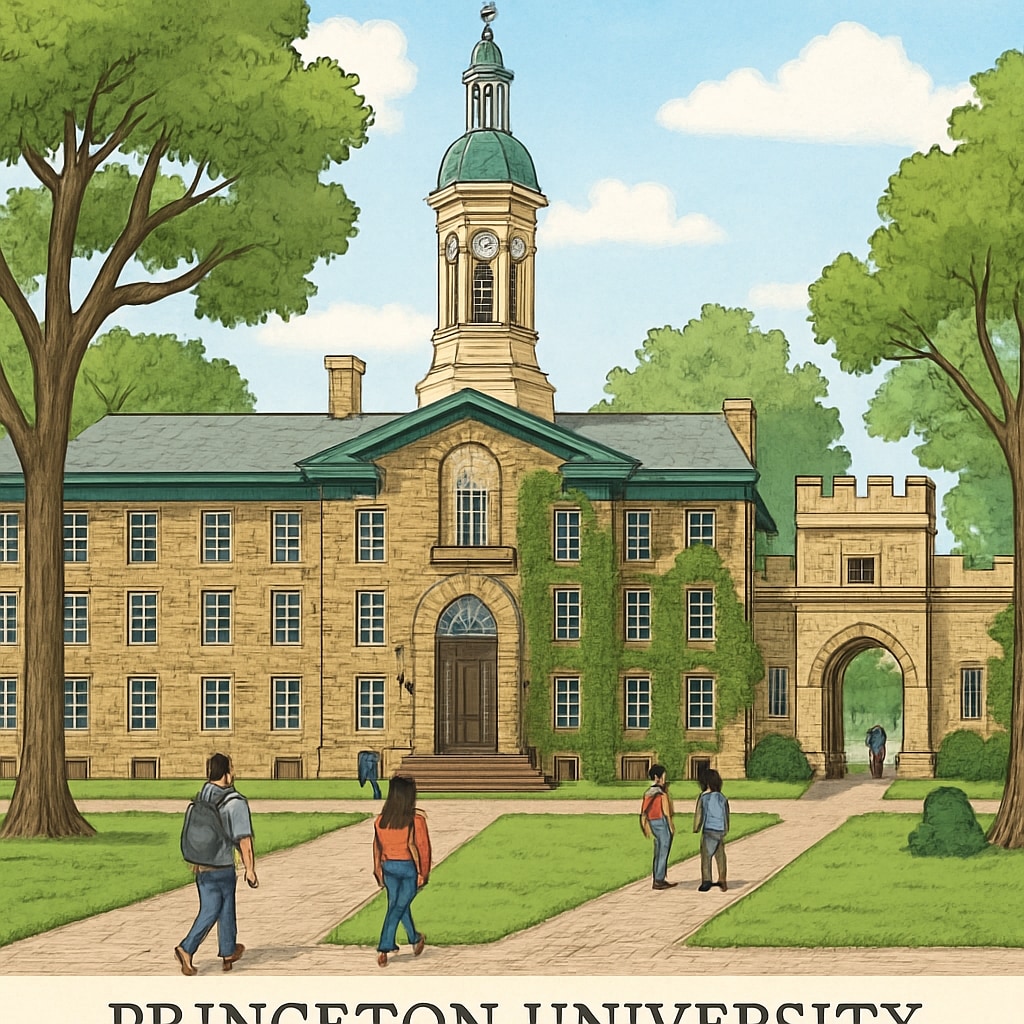For decades, Ivy League institutions like Princeton have been celebrated as pinnacles of academic excellence and societal prestige. However, as the world evolves, the question arises: are we overestimating the actual value of these elite schools? This article seeks to critically analyze the perceived reputation of Princeton and other Ivy League schools, questioning whether their societal impact justifies the widespread admiration they receive.

Understanding the Ivy League Phenomenon
The Ivy League has long been synonymous with success, exclusivity, and privilege. Institutions like Princeton, Harvard, and Yale are seen as gateways to unparalleled opportunities in academia, industry, and beyond. But this reverence often obscures critical questions about the tangible outcomes of such education.
For example, many elite schools are criticized for perpetuating inequality. Their admissions processes often favor affluent families through legacy admissions and expensive preparatory education, reinforcing societal hierarchies rather than challenging them. Moreover, while Ivy League graduates often achieve high professional status, critics argue that this is more due to networking opportunities than the academic rigor of these institutions.
Princeton’s Role in the Ivy League Narrative
Princeton University, in particular, embodies the Ivy League mystique. Known for its picturesque campus and world-class faculty, it consistently ranks among the top universities globally. However, is its reputation deserved, or is it inflated by cultural narratives?
Studies have shown that while Princeton excels in research and offers unique resources, its exclusivity means many talented students are left out. Furthermore, the university’s focus on prestige often overshadows discussions about accessibility and inclusivity. For instance, how does the institution contribute to solving global challenges beyond the sphere of its privileged graduates?

Reevaluating Elite Education’s Societal Value
The broader question is whether elite education systems like the Ivy League truly serve society or primarily cater to the elite. Are these schools fostering innovation and addressing global challenges, or are they perpetuating cycles of privilege?
- First, exclusivity often limits the diversity of thought and perspectives within these institutions.
- Second, the focus on rankings and prestige can detract from meaningful educational reform.
- Finally, while Ivy League universities contribute significantly to research, their societal impact may not always align with the high expectations placed upon them.
It’s worth questioning whether the resources poured into such institutions could be better utilized to improve accessibility and equity in education more broadly.
Exploring Alternative Paths to Success
As the world becomes increasingly interconnected, traditional notions of success tied to elite education are being challenged. Non-Ivy League institutions, online education platforms, and vocational training programs are proving to be equally valuable in fostering innovation and career growth.
For example, many graduates from state universities or alternative learning programs are now leading global industries, demonstrating that success is not confined to Ivy League hallways. By diversifying our understanding of educational value, society can move beyond the narrow focus on prestige and embrace more inclusive paths to achievement.
In conclusion, while Princeton and other Ivy League schools undoubtedly contribute to academia and society, their reputation may be inflated by cultural biases. Reevaluating the true value of elite education and exploring diverse pathways to success will be crucial in building a more equitable future for all.
Readability guidance: This article uses short paragraphs, clear transitions, and accessible language to ensure readability. Key points are summarized in lists where appropriate, and passive voice is minimized for clarity.


